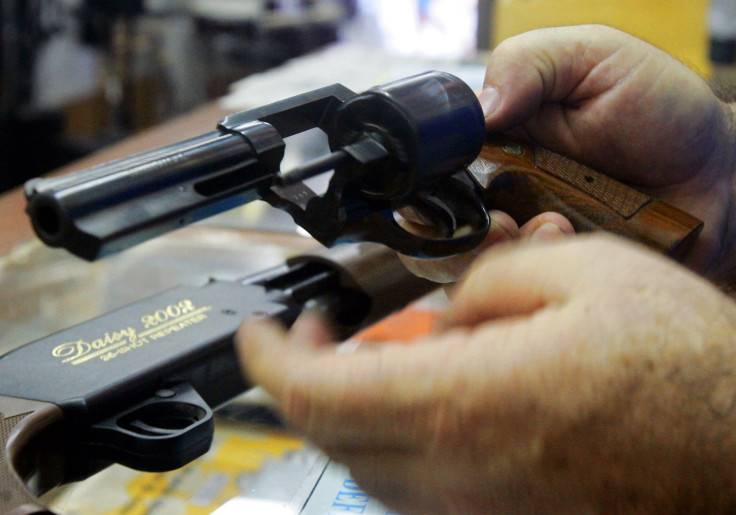Brazilian Politicians Want American-Style Gun Laws: Looser Restrictions Necessary For Self-Defense, Advocates Claim

Brazil’s gun restrictions are coming under fire from a handful of congressmen, who have drafted a law to loosen personal gun ownership laws in emulation of the United States’ right to bear arms, TIME reported. Brazil currently boasts one of the highest murder tolls on the planet, reaching nearly 60,000 in 2014, and proponents say looser restrictions are necessary for citizens to defend themselves.
The draft law seeks to bestow Brazilians with the right to own firearms for self-defense or for protecting property, and reduce the minimum purchasing age to 21 from 25. The law would also remove a gun ban on people under criminal investigation, and would allow Brazilians to buy up to nine guns and 600 rounds of ammunition per year.
“Brazil is an extremely violent country and the state has failed to resolve this problem,” the law’s author Laudivio Carvalho, of Brazil’s Democratic Movement Party, told TIME. “The population needs the right to defend themselves, their family and their property as they are the ones being attacked. 90 percent of assaults are being carried out with illegal weapons.”
But the draft law’s opponents say the number of deaths is directly related to the number of guns on the street, and emulating the American right to bear arms will lead to a “Wild West” scenario with an even higher murder toll and boost in vigilantism. The country already sees frequent cases of mob justice and lynching of suspected criminals, Yahoo News reported.
“Without doubt we will see an increase in the murder rate,” said Ivan Marques, executive director of the pro-disarmament Sou de Paz institute. “Our constitution emphasizes collective security, not individual security.”
Right now, Brazilians can only buy weapons legally by obtaining a license on a case-by-case basis under regulations that were implemented in 2003. The number of firearm murders fell 5.6 percent in the first two years of the restrictions, but rose ever since.
© Copyright IBTimes 2025. All rights reserved.





















